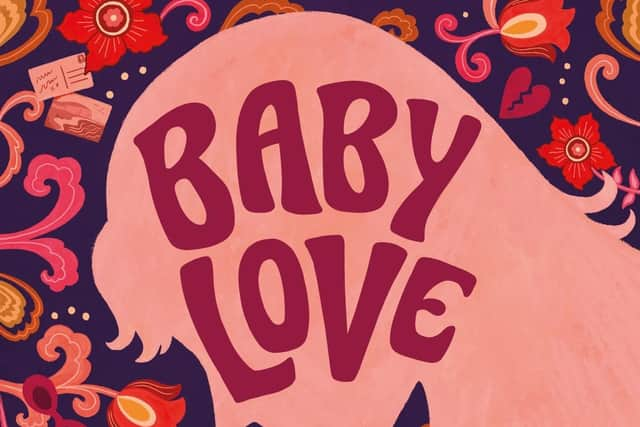How Tracy Beaker novels offer great insight into the world of child adoption - Gary Clapton
These plotlines generally involve only females – mothers and daughters. When a birth father is considered, it is usually through an imagined account of a fleeting relationship or one-night stand thus perpetuating a hollow stereotype of the fly-by-night bad sort, or as noted above, someone supposedly unaware of having been a father.
Throughout these works of fiction, too often accuracy and authenticity are lost in pursuit of the big reveal, a punchline or cliff-hanger. In the literature for young adults (YA), this tendency to use adoption, adopted people and birth parents as the bearers of handy tropes appears frequently. And even in today’s more enlightened times, such messages about adoption still land with effect.
Advertisement
Hide AdAdvertisement
Hide AdSo, it’s with much satisfaction I can recommend Baby Love (Penguin), the latest work by Jaqueline Wilson.


Jacqueline Wilson is well-known as a writer of Y/A fiction that avoids condescension. Her most famous work is the series involving her Tracy Beaker character that began in 1991. In this, Wilson wonderfully captures the reality and ups and downs of life in children’s homes and foster care. The story of Tracy Beaker growing up in care has been compulsively read by children, foster carers and social workers around the world. The first in the series, The Story of Tracy Beaker was the most borrowed book of the 2000s. It has been translated into thirty languages and turned into a BBC drama (2002-2006), a video game, and a song. With their clear insights into the lives of children and young adults and sheer readability it’s no wonder that more than forty million copies of Wilson’s books have been sold.
Her latest, Baby Love, is set in 1959, it’s the story of Laura, a shy and sheltered 14 year old school girl, the only child of two poor and very protective parents. Over the course of one summer, her whole life changes. What happens to Laura is really sad and at times harrowing yet Wilson tells it in such a gripping and heart-breaking way. On discovering she’s pregnant, Laura’s sent away to a home for unmarried mothers where she’s treated inhumanely. This compelling story shines a light on a time when sex education was non-existent and those that didn’t follow the expected norm were blamed and shamed no matter what the circumstances. The attitudes of the late 1950s and 1960s’ in this book are hard to comprehend but they are accurately depicted and help contextualise contemporary developments such as the movements for adoption apologies to birth mothers from this period and the inquiries into historic adoption practices. Also helpful are the facts and figures with which the book ends.
Gary Clapton, Honorary Fellow, School of Social and Political Science, University of Edinburgh
Comments
Want to join the conversation? Please or to comment on this article.